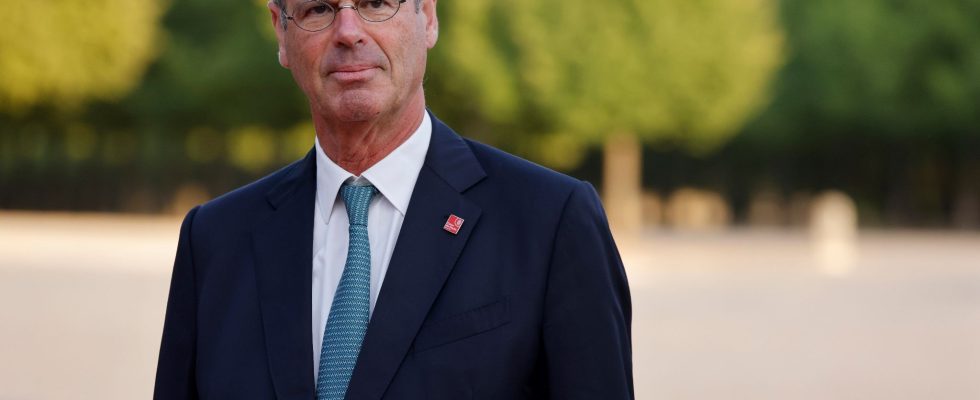L’Express: A global financial agreement was recently reached between Orpea and its creditors in order to avoid bankruptcy of the private nursing home group, while at the same time, the Caisse des dépôts et Consignations and its partners, including MAIF, have undertaken to inject 1.3 billion euros, making this pool the first shareholder. Was Orpea saved?
Eric Lombard : I hope so ! In fact, the plan has been approved by all stakeholders but now needs to go through further steps before being implemented. It’s not up to us! It appeared that we were the only ones with MAIF, MACSF and CNP Assurances to offer a solution that ensured the survival and viability of Orpea. Now, it is up to the commercial court to decide so that the plan is put in place. It is a complex matter because it is the biggest financial restructuring ever organized in France. The process is underway and today we are not yet shareholders. If all goes well, we will be after the summer.
Why did the Caisse des dépôts came to the aid of Orpea?
In fact, if you put this case in the context of our overall strategy, it makes a lot of sense. We have three axes: ecological transformation, sovereignty and the search for greater territorial and social equity. The Caisse des dépôts group is already a player in social policies: we are in matters of pensions and training. But also in terms of dependency and old age. This engages the whole group in various dimensions. The regional bank is already financing the construction of nursing homes to the tune of 400 million euros per year, CDC Habitat owns a property company that covers the walls of nursing homes, La Poste is committed to helping elderly people who are alone at their home, and finally, we are supporting the Arpavie association which manages nursing homes. So it’s a world we know well. We could also add all the partnerships in the field of inclusive housing, like what we do with Les Petits Frères des Pauvres. We lead many social innovation projects.
With Orpea, however, you enter the world of private nursing homes. It’s still a little different from inclusive housing…
It is true that we were not yet in this sector. This was not the mission that we had set ourselves except in the event of failure of the private sector. Once again, if we had not come to the rescue of Orpea, the alternative for this group was bankruptcy and dismantling. We couldn’t let that happen for ethical reasons. When Orpea’s first financial difficulties appeared, we put together a file in the spring of 2022 by looking for who, within the group, could follow the subject. With Nicolas Dufourcq, the general manager of Bpifrance, we decided by mutual agreement that the Caisse would look at the file. Then it turned out that we were the only ones to provide a viable solution.
What conditions did you set for your entry into the capital?
Make a clean sweep of the past, have a free hand and the power to assert our two conditions: the complete change of practices and the cleaning up of Orpea’s balance sheet. To intervene, we had to obtain the majority of the capital, and the greatest number of seats on the board of directors. Each time, I thought of the 280,000 employees and the 70,000 residents. With this takeover, Caisse des dépôts further increases its field of intervention in the field of old age, where we are becoming a major player.
Among the sea serpents of French economic policy, there is that of dependency and its financing. Would you also have a role to play here?
I fundamentally believe that the private sector, and in this case the insurance sector, has the cards in hand to build long-term care insurance products that would be both insurance-based and that would function as capitalization products.
Should these products be made mandatory?
A sixth branch of Social Security has indeed been created, but it has not escaped your notice that there is no funding for it. The State could provide tax incentives for individuals to subscribe to this type of product. This is an essential subject on which the State and the private sector must play their part.
